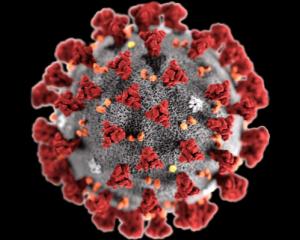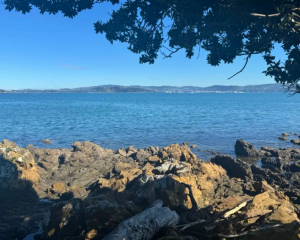Seven Head Hunter gang members have been sentenced to lengthy jail terms today, after police uncovered a "large-scale" operation to produce and distribute meth.
Notorious gangster William "Bird" Hines was sentenced to 18 years six months by the High Court in Auckland, with a minimum non-parole of eight years four months.
The 64-year-old's ill health was taken into account, or he could have faced a heftier term.
Hines has previously been described as being among the top members of the Head Hunters, and has a history of offending including kidnapping at gunpoint, and torture.
His co-offenders were also served lengthy terms.
Te Here Maihi Maaka was sentenced to 16 years two months, prompting his family to swear at the judge as the sentence was read out.
Travis Sadler was sentenced to 18 years and two months, Peter Atkinson sentenced to 17 years, and Felco Maaka sentenced to 13 years.
Thomas Edwardson was sentenced to six years jail, and John Vijn four years and three months.
The men were caught after a long-running investigation by detectives from the National Organised Crime Group, in what was dubbed Op Sylvester.
On 28 July 2015 hundreds of officers coordinated searches across Auckland, on properties in Ellerslie, West Auckland, Ruakaka, Huntly, and Tauranga.
As well as arresting and charging the men that day, police seized $2.16 million in property, cars, and cash, under the Proceeds of Crime Act.
The seized items included more than 20 cars and motorbikes, two properties, and a boat.
National manager organised crime Detective Superintendent Greg Williams said the men ran a commercial operation that preyed on the community, solely for profit.
He said the Ministry of Health's Drug Harm index showed that each kilogram of amphetamine-type drugs had a yearly social cost of $1.2 million.
"That is real harm to users and their families, to the community in terms of the crime generated, and the cost of investigation and prosecution.
"These sentences speak for themselves. This drug causes serious harm to our community and these offenders are going to prison for a long time because of it.
"I'd like to applaud the efforts of Detective Senior Sergeant John Sowter and his team of staff.
"They spent hundreds of hours working on this case from the investigation stage, through to the arrests, and right through to the court process.
"Today is the culmination of their work and their efforts have dealt a significant blow to the criminal fraternity."
In 1989, Hines was caught with a loaded pistol in the lounge bar of a hotel.
He was one of four convicted of kidnapping a man at gunpoint, torturing him with pliers and an electric drill in a garage, because of a supposed debt. The guilty verdict came despite the victim refusing to give evidence.
In sentencing Hines to four years in prison, Justice Robertson said no one was above the law.
"You just take the law into your own hands and use whatever is necessary to get what you perceive is your entitlement."
Five years later, Hines and two other Head Hunters confronted an undercover police officer and held him at knifepoint.
"If you do not prove you are not a cop, then you are not leaving here," was how Crown prosecutor Kieran Raftery recounted the conversation at the 1996 trial.
The undercover officer, whose cover story was running a scrap metal yard, feigned fury at the allegation but was taken upstairs to his living quarters where Hines and the others searched through his belongings for proof of his identity.
The officer managed to buy some time but was unable to entirely satisfy his captors.
"They let him know that he was not off the hook," said Raftery.
Four days later, one of the men returned to threaten him again, but they seemed to accept his denials after that.
Hines was convicted of kidnapping and jailed for 12 months.
Hines was later one of the ringleaders of a network which dubbed themselves the "Methamphetamine Makers Co Ltd".
Hines was sentenced to seven years in prison for conspiracy to supply.
At the time, police said the Head Hunters network played a significant role in establishing the P trade in New Zealand.











